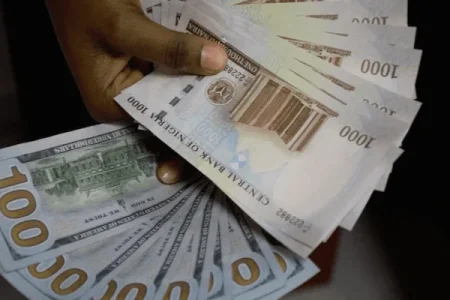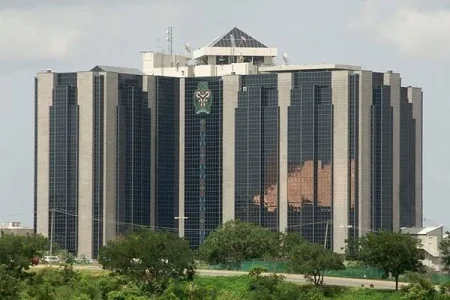
The Nigerian naira depreciated to N1,604 per U.S. dollar in the official market. Despite challenges, stakeholders remain optimistic due to Central Bank reforms, which have boosted liquidity and investor confidence. Bureau de Change operators call for more interventions as the path to stability continues.
The Nigerian naira has experienced a slight depreciation, closing at N1,604 per U.S. dollar in the official market on Tuesday, down from N1,599 the previous day, according to data from the Central Bank of Nigeria (CBN). The local currency also weakened against other major currencies, exchanging at N2,115.25 to the British Pound. In the parallel market, the naira faced additional pressure, trading at N1,618 per dollar, up from N1,605 the day before.
Despite the recent declines, foreign exchange market stakeholders have shown optimism regarding the continued stability of the naira. Aminu Gwadabe, President of the Association of Bureau De Change Operators of Nigeria (ABCON), credited Central Bank interventions with boosting market liquidity, increasing investor confidence, and stabilizing the exchange rate. Additionally, domestic crude oil transactions conducted in naira have reduced pressure on the currency. Gwadabe also noted that the increase in diaspora remittances, now totaling $20.98 billion, has bolstered foreign exchange reserves, providing more stability in the market. However, he acknowledged that the road to full currency stability remains challenging and called for consistent fiscal and monetary policies to address broader economic challenges.
The CBN’s transparency, with the disclosure of over $6 billion in net foreign exchange position, has provided the market with clarity, but analysts caution that more work is needed to reduce volatility and ensure long-term stability. As the market adjusts, many are looking toward the ongoing government reforms for clarity and better access to official foreign exchange windows.



